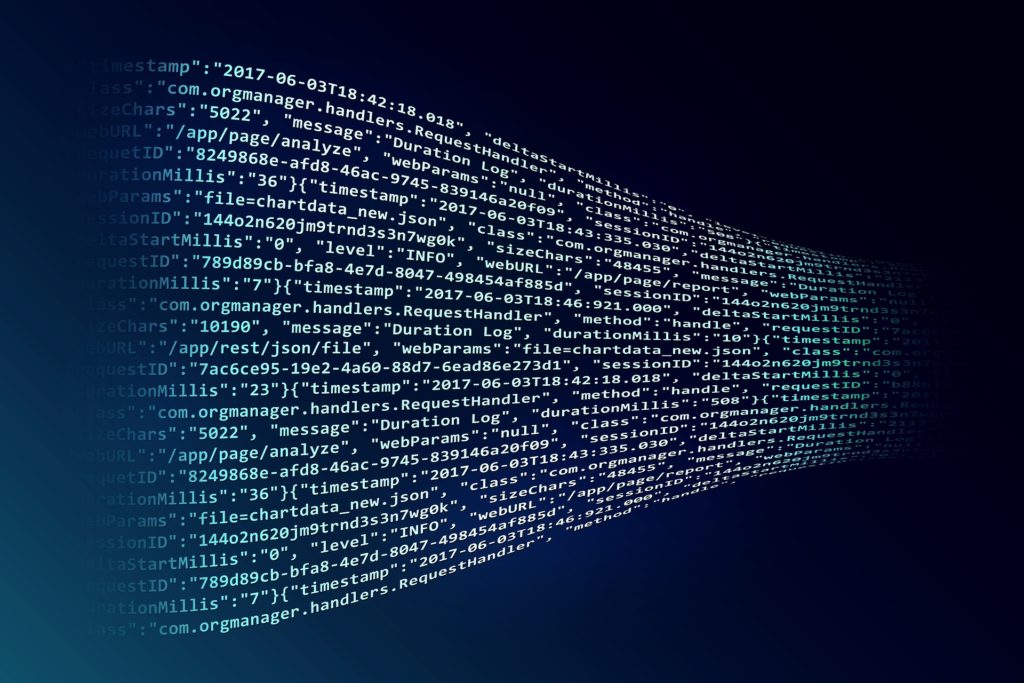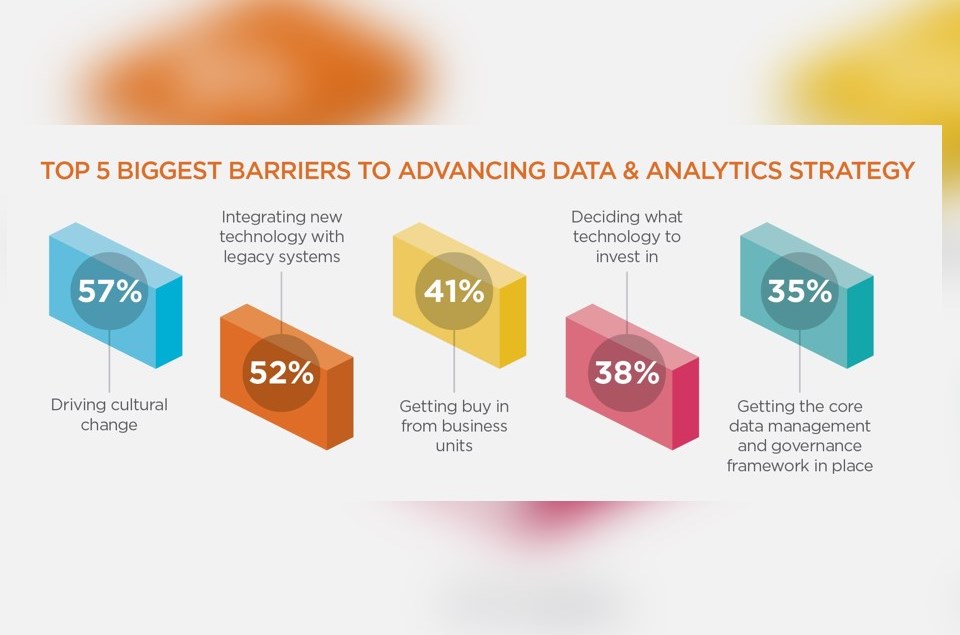Editor’s Note: In this blog, we curate relevant and remarkable content for data and analytics community. Here’s an interesting piece written by George Anadiotis of ZDNet.
AI is mainstream these days. The attention it gets and the feelings it provokes cover the whole gamut: from hands-on technical to business, from social science to pop culture, and from pragmatism to awe and bewilderment. Data and analytics are a prerequisite and an enabler for AI, and the boundaries between the two are getting increasingly blurred.
Many people and organizations from different backgrounds and with different goals are exploring these boundaries, and we’ve had the chance to converse with a couple of prominent figures in analytics and AI who share their insights.
Professor Mark Bishop is a lot of things: an academic with numerous publications on AI, the director of TCIDA (Tungsten Centre for Intelligent Data Analytics), and a thinker with his own view on why there are impenetrable barriers between deep minds and real minds.
Bishop recently presented on this topic in GOTO Berlin. His talk, intriguingly titled “Deep stupidity – what deep Neural Networks can and cannot do,” was featured in the Future of IT track and attracted widespread interest.
In short, Bishop argues that AI cannot become sentient, because computers don’t understand semantics, lack mathematical insight and cannot experience phenomenal sensation — based on his own “Dancing with Pixies” reductium.
Bishop however is not some far-out academic with no connection to the real world. He does, when prompted, tend to refer to epistemology and ontology at a rate that far surpasses that of the average person. But he is also among the world’s leading deep learning experts, having being deeply involved in neural networks before it was cool.
“I was practically mocked when I announced this was going to be my thesis topic, and going from that to seeing it in mainstream news is quite the distance,” he notes.
His expertise has earned him more than recognition and a pet topic, however. It has also gotten him involved in a number of data-centric initiatives with some of the world’s leading enterprises. Bishop, about to wrap up his current engagement with Tungsten as TCIDA director, notes that going from academic research and up in the sky discussions to real-world problems is quite the distance as well.
“My team and myself were hired to work with Tungsten to add more intelligence in their SaaS offering. The idea was that our expertise would help get the most out of data collected from Tungsten’s invoicing solution. We would help them with transaction analysis, fraud detection, customer churn, and all sorts of advanced applications.
But we were dumbfounded to realize there was an array of real-world problems we had to address before embarking on such endeavors, like matching addresses. We never bothered with such things before — it’s mundane, somebody must have addressed the address issue already, right? Well, no. It’s actually a thorny issue that was not solved, so we had to address it.”
***
Prof J. Mark Bishop will be speaking at the Chief Analytics Officer Europe happening on 25-27 April 2017 in London. For more information, visit https://cdao-eu.coriniumintelligence.com/
___________________________
This article entitled “Artificial intelligence in the real world: What can it actually do?” was originally posted on ZDNet. To read full article, click here.









